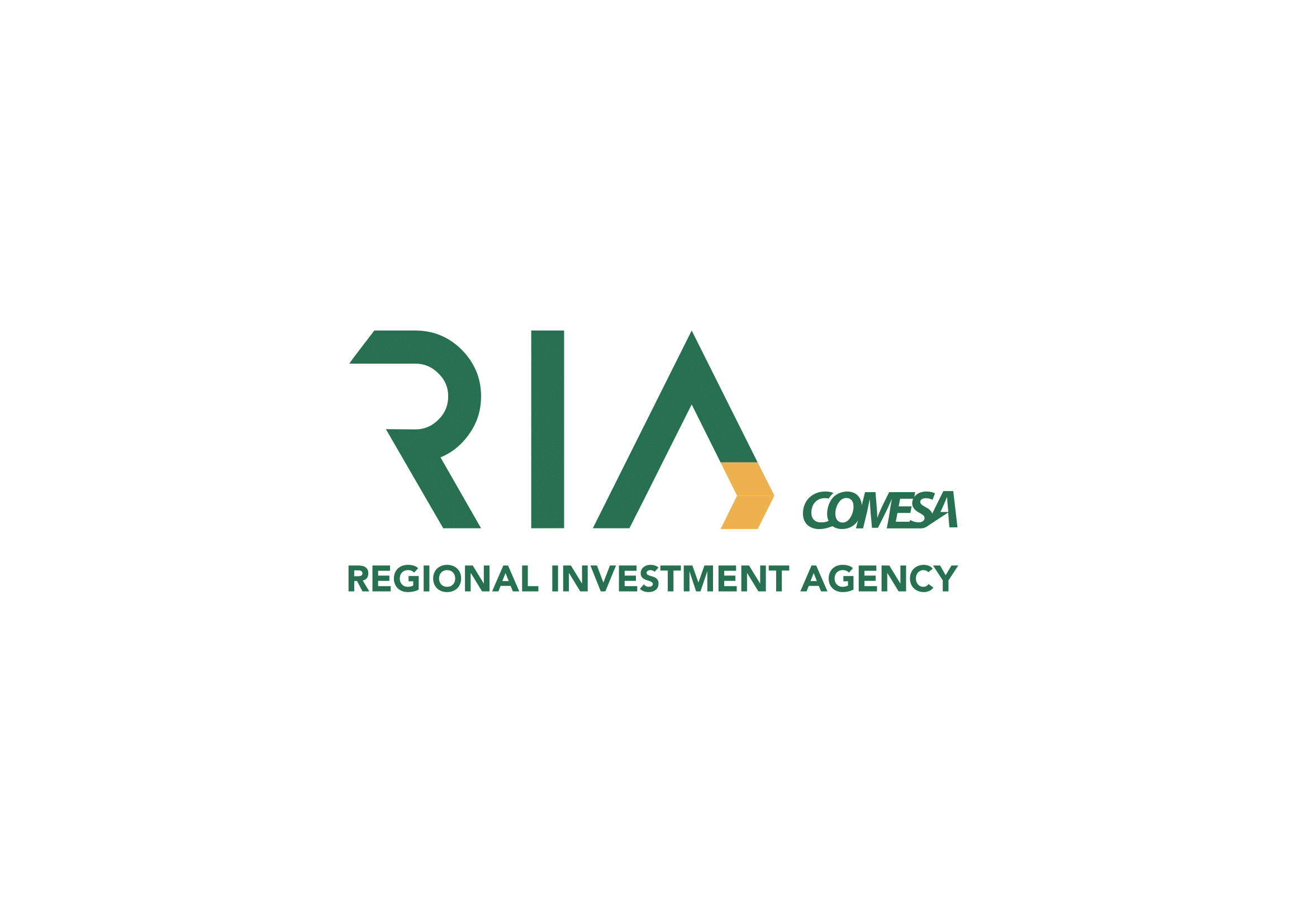
The Common Market for Eastern and Southern Africa (COMESA) is a regional economic community in Africa that brings together 21 member states across the continent, from Tunisia in the north to Eswatini in the south. Established in 1994, COMESA aims to promote regional integration and economic cooperation among its diverse member countries. The bloc’s primary objectives are to enhance trade, increase investment, improve infrastructure, and facilitate the free movement of goods, services, and people within the region.
One of COMESA’s major milestones came in 2008 when it expanded its free trade area to include members from two other African trade blocs: the East African Community (EAC) and the Southern African Development Community (SADC). This move created a broader market of over 500 million people, enhancing the bloc's economic potential and making it one of the largest free trade areas in Africa. The expansion has fostered stronger economic ties between the member states, with a focus on improving intra-regional trade and reducing trade barriers.
COMESA has also been working on initiatives to simplify cross-border movement, including a proposed common visa scheme. This visa system is intended to boost tourism and encourage greater regional integration by making it easier for people to travel between member states. The common visa would streamline the process for visitors, making it more convenient for tourists and business travelers, and contributing to the development of the tourism sector across the region.
In addition to economic collaboration, COMESA focuses on promoting peace, stability, and good governance in its member countries. With its diverse membership, ranging from large economies like Egypt and Kenya to smaller states, COMESA plays a key role in shaping Africa's economic future and fostering regional cooperation on critical issues.
